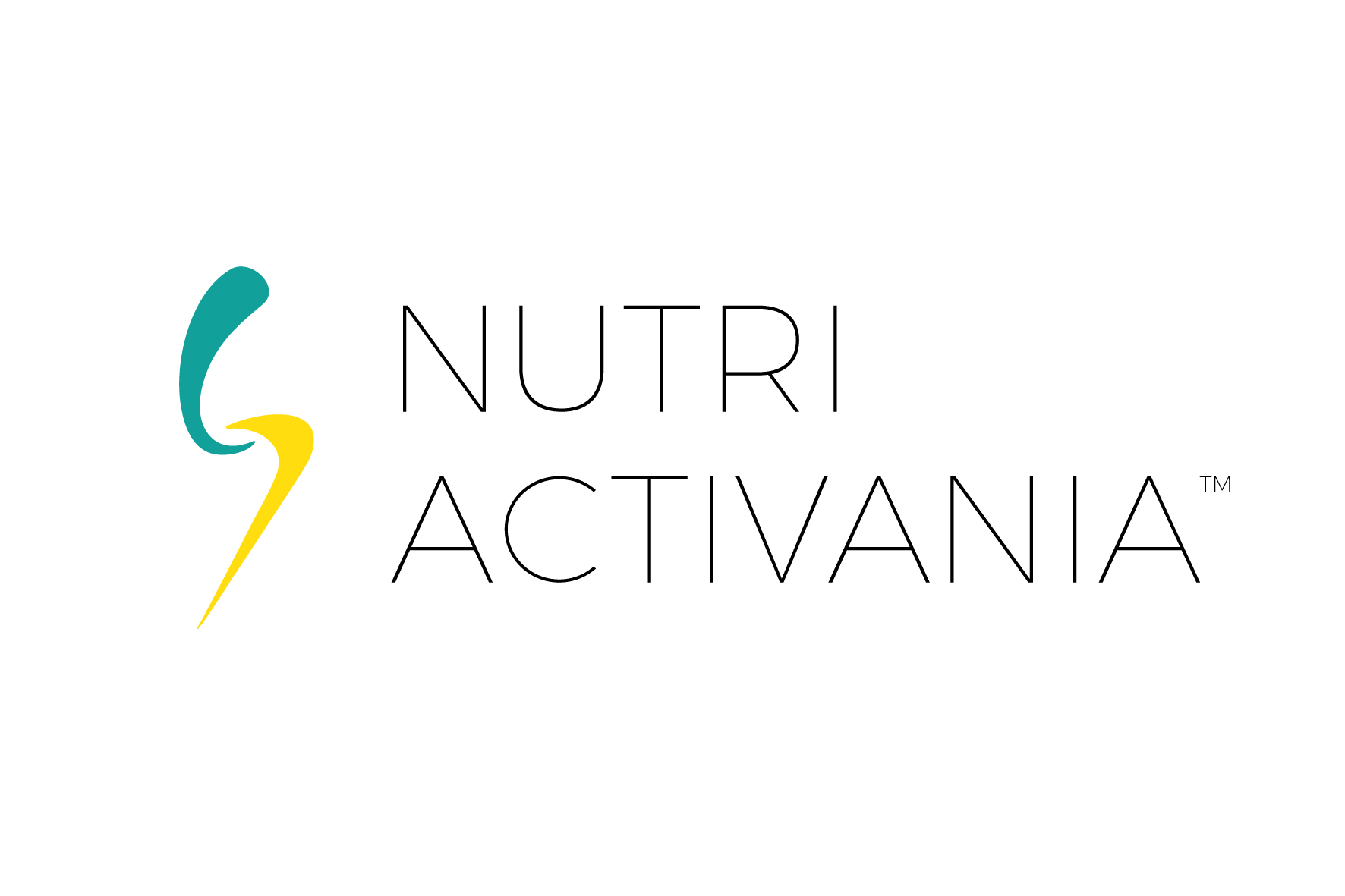- One of the most common questions a new mother has is if she should supplement breastmilk with formula. The baby’s doctor and the Nutritionist is the best person to ask this for he would be able to ascertain if the baby’s getting sufficient nutrition or if supplements are required.
- A new mother also wants to know if she should feed cereal or water to the baby along with breastfeeding and how often. Breastmilk has all the nutrition and therefore, nothing else is needed till the baby is six months old. However, different babies have different requirements and therefore, again it is best to consult the baby’s paediatrician. Once the baby starts taking solid food, his requirement for breastmilk decreases. It is recommended that babies should be given iron-rich food whenever they are weaned. Breastfed babies do not need water or any other fluids.
- New parents want to know how soon can they give a pacifier to their baby. Doctors recommend that a baby should not be given a pacifier till he is at least one month old so that he may learn to latch well on the breast to get enough milk in the meantime.
- Parents are more aware these days and therefore, have more questions for the doctor. They know that for the baby to have strong bones, adequate Vitamin D is needed. Sunlight is a major source of Vitamin D but it cannot be measured. A baby may not get adequate Vitamin D from food after he has been weaned from breastmilk. If this is the case, then the doctor will recommend Vitamin D supplements that have specifically been formulated for infants.
- If the mother is taking some prescription or over the counter medicines, vitamins, dietary or herbal supplements, she wants to know if it is safe for the baby if she is breastfeeding. Again, a doctor or the Nutritionist is the best person to ask this question because most medicines pass into the breast milk in small amounts. They may or may not adversely affect the baby but why take a chance when it is easy enough to discuss the repercussions with the doctor/ Nutritionist.
- Mothers are apprehensive to breastfeed their baby if they are not well. Illnesses like cold, seasonal flu or diarrhoea cannot be passed on through breastmilk. However, if the mother’s illness is serious like swine flu, HIV or AIDS, untreated active tuberculosis etc., then breastfeeding should be avoided.
- New mothers want to know if their partner will be jealous of the closeness with the baby if she breastfeeds. It is recommended that partner and other siblings should be encouraged to involve themselves in looking after the baby by sharing small chores around the house. The advantages of breastfeeding should be shared with them too so that they realise that it is the most convenient, comfortable and safe way of feeding the baby.
- Discussions about atmospheric pollution and ill effect its toxins has on everyone has new mothers enquiring if these toxins may not appear in their breastmilk thereby harming their baby. Breastfeeding is the healthiest and the safest way to feed the baby despite legitimate concerns about the toxins which in any case will be much more in the formula.
- Breastfed babies respond better to vaccines especially if they are breastfed immediately after the vaccine has been administered. It calms them and makes them feel safe and loved. Nursing mothers can also be safely vaccinated except for smallpox and yellow fever.
- Sometimes babies bite their mothers and then they need to be taught that this is not acceptable. Gently press the baby to your breast so that he has to open his mouth more to breathe comfortably. Alternatively, give a cold teething toy or a frozen wet washcloth so that if there is any irritation on the baby’s gums, they may be soothed.
- Breastfeeding usually calms down an irritable baby. But if it does not, it is imperative to consult a paediatrician immediately.
Looking after a baby is a continuous learning though highly enjoyable process. There are many questions a new mother may want to know and a doctor/ Nutritionist is always a better person to consult. No question is unreasonable to ask for it may make your and your baby’s life more comfortable in the long run.
written by Avni Kaul – Nutritionist and Wellness Coach
Latest posts by Avni Kaul (see all)
- WORLD BLOOD DONOR DAY - June 14, 2019
- How To Cope with Organizational / Professional Stress with Simple and Easy Diet change? - March 15, 2019
- 5 Essential Nutrients you must have Every Day for Beautiful & Healthy Skin - February 23, 2019
